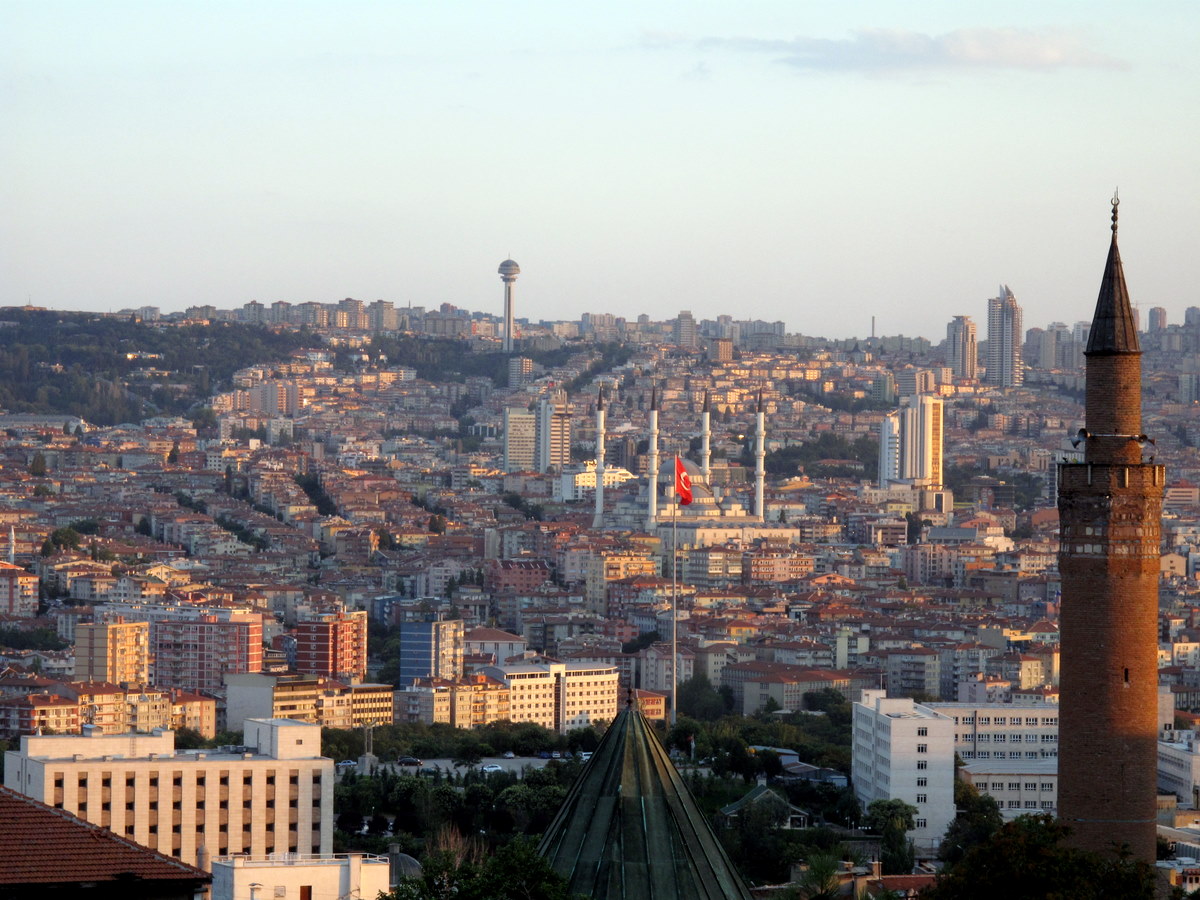
Against an ongoing state of emergency and following the 2017 constitutional referendum, Turkey has had another exhausting election. President Recep Tayyip Erdogan and the government declared the state of emergency – enabling a rule by decrees and suspension of certain rights and freedoms among other things – following an attempted coup d’état in July 2016 and claimed it essential to pull the country out of the state of shock.
However, this period was also used to pass fundamental changes to Turkey’s system of government, transforming it from a parliamentary democracy into a customized version of a loose checks-and-balances executive presidential system.
Calling for snap parliamentary and presidential elections – 17 months before the scheduled date – was partially politically beneficial for the ruling establishment, as Mr. Erdogan landed a comfortable win in the first round of the presidential election. On the other hand, the ruling Justice and Development Party (AKP) narrowly missed single-party majority in the parliament but will be able to secure the majority with its junior partner from the pre-election alliance, the Nationalist Movement Party (MHP). This gives MHP strong leverage in parliament and a solid foundation to push for its policies. The opposition did not manage to break the boundaries of its voting universe, and an exciting campaign of Mr. Erdogan’s main challenger in the presidential race, CHP official Muharrem Ince, ultimately only caused voter shifts within the opposition’s traditional realm.
A majority of Turkish voters chose Mr. Erdogan’s long-term agenda, but it would not be easy to describe that agenda beyond the very core of the ruling establishment’s dominant narrative: “Turkey is under threat, and we are the only ones who can defend it.” This powerful message has worked very well domestically for Mr. Erdogan and the AKP and has been used as the explanation for several of the country’s challenges. Domestic security issues, regional involvement in the Syrian conflict, rising inflation and the plummeting of the national currency have all been presented as grand conspiracies of foreign powers working against Turkey, its president, government, and, ultimately, its people.
Turkey’s traditional Western allies, particularly the United States and some EU countries, have been marked as the main antagonists. These narratives have described various terrorist threats as “just tools in the hands of big powers,” portrayed the arrested American evangelical pastor Andrew Brunson as an “undercover agent” assigned to, together with the Mormon church, undermine Turkey’s stability, and put forward the existence of a mythical “Chaos Lobby” designed to attack the Turkish Lira. Disseminated through various channels and by various spokespersons faster than the speed of light, these narratives have, at least partially affected the public and contributed to the rise in anti-Western sentiments among the Turkish populace.
The narratives challenged Turkey’s opposition offering an alternative platform over the last couple of years. As such, the only alternative opposition ultimately offered to potential swing voters (a very limited circle prone to switching support from one side to the other of Turkey’s polarized political universe) was that Turkey is in fact under threat, but that it is the opposition and not Mr. Erdogan that can offer the best protection. Perceived as weak, this message was unable to sway swing voters, and Mr. Erdogan, supported by some popular developments right before and during the campaign, such as Turkey’s military incursion in Syria, was successful again in retaining even his soft support.
The dominant discourse built on the narratives of conspiracies is obviously affecting Turkish public and ultimately relations with its traditional allies. Turkey is certainly not the only country in which these kinds of political strategies have proven to be powerful. It would also be unfair to say that these narratives are the only things that are affecting Turkey’s relations with the West and that at least a part of the responsibility should not be looked for on the other sides as well. However, the concerning point in the significant rise of anti-Western sentiments in Turkey is its frequency in being matched with confrontational policies and distressing strategic decisions.
Arrests of American and European citizens on shaky grounds of “supporting or participating in terrorist activities”, making a nightmare scenario of a potential military clash with the American troops in Syria seem possible, and deciding to purchase S-400 missile system from Putin, are examples of how something that seems to be directed at primarily domestic consumption could also be transformed into concrete actions and policies seriously straining Turkey’s foreign relations. Deciphering the potency of anti-Western rhetoric backed with government narratives in the new Turkey, following the landmark elections, would require an understanding of the domestic political motivation of President Erdogan and the ruling establishment. So far, they have shown that as long as there is a purpose of strengthening the position domestically foreign policy flips and 180-degree turns, even with some of the closest traditional allies, is a preferable strategic choice. When thinking about redefining and improving the deteriorated relations with Turkey, international decision makers will simply have to put Turkey’s domestic political dynamic at the top of their considerations.
Top